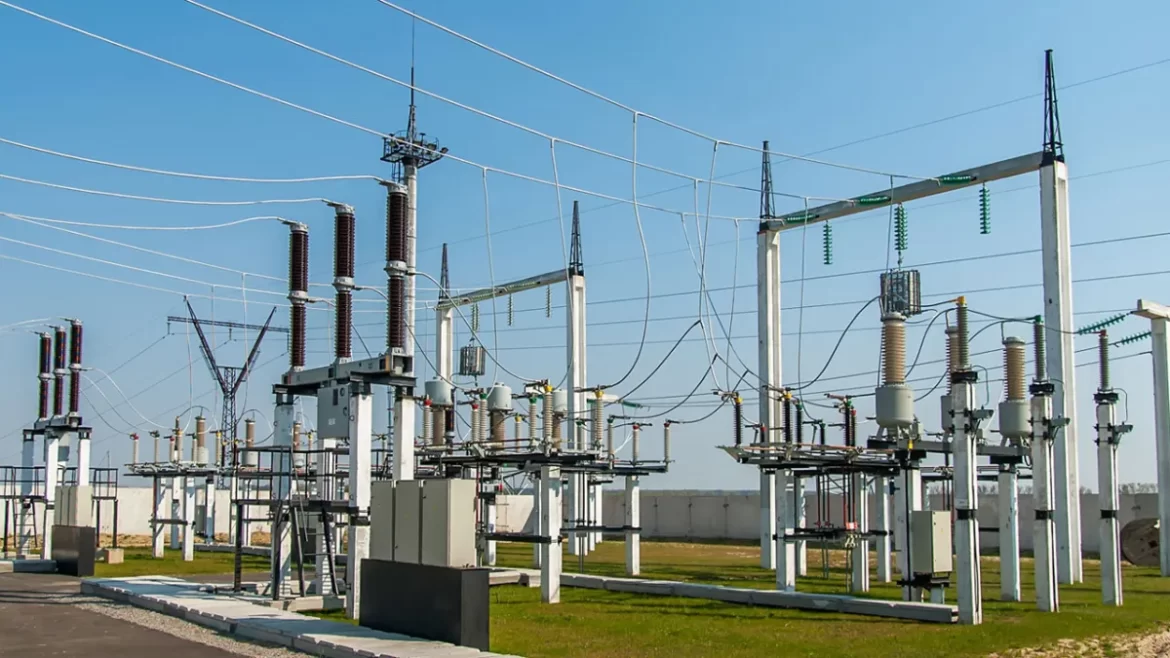1.1K
By Daniel Adaji
Nigeria has secured over $2 million from the Global Energy Alliance for People and Planet (GEAPP) to scale interconnected mini-grids, a move that will accelerate access to clean, reliable electricity for hundreds of thousands of people.
The announcement was made on the sidelines of the 80th United Nations General Assembly (UNGA 80) in New York on Tuesday, where GEAPP unveiled a total of $16 million in commitments to expand energy access across Africa.
The funding is part of Mission 300, a joint initiative led by the World Bank Group and the African Development Bank to connect 300 million Africans to electricity by 2030.
In Nigeria, the $2 million allocation will support efforts with RMI to expand deployment of 100 megawatts (MW) of interconnected mini-grids, develop a pipeline of 500MW, and lower costs for communities and utilities.
CEO of RMI, Jon Creyts said: “Interconnected mini grids are a game-changer for Nigeria’s energy future. By combining on-site renewables with grid power, mini-grids deliver reliable, affordable electricity to underserved communities, reduce reliance on costly diesel, and create new value for developers and utilities. With support from the Energy Alliance, we’re scaling this model to accelerate energy access for millions of Nigerians.”
The initiative comes as 600 million Africans still lack electricity, while millions more face unreliable or unaffordable access. Energy experts say closing this gap is critical to economic growth and climate resilience.
Woochong Um, CEO of GEAPP, stressed the urgency of collective action. “Our Alliance’s work in Africa, including Mission 300, is proof of what’s possible when governments, business, and philanthropy act together with urgency and purpose—turning ambition into real power, real jobs, and real opportunity for millions across the continent.”
Other commitments announced at UNGA 80 include $7 million for decentralized renewable energy projects in the Democratic Republic of Congo, $5 million to Odyssey Energy Solutions for clean technology demand aggregation in Sierra Leone, Madagascar and Nigeria, and $1.5 million to support South Africa’s just energy transition.
Emily McAteer, Co-founder and CEO of Odyssey added: “Mobilizing clean energy investments at scale is critical to achieving universal energy access and enhancing climate resilience.
“By reducing costs and accelerating deployment timelines, we are creating a more efficient and investable market for distributed renewable energy.”
Carol Koech, GEAPP’s Vice President for Africa, emphasized the need for coordination.
“The Alliance recognizes the tremendous challenge that energy access poses to communities across Africa, and the lack of coordination is a major brake on progress. We are continuing to align public, private and philanthropic partners to channel resources wherever we can to create the greatest impact,” he said.
Since its launch at COP26 in 2021, GEAPP has awarded $503 million in catalytic funding, unlocking $7.8 billion in investment. Its projects span more than 30 countries, expanding energy access for 91 million people, creating 3.1 million jobs, and preventing 296 million tons of CO₂ emissions.



